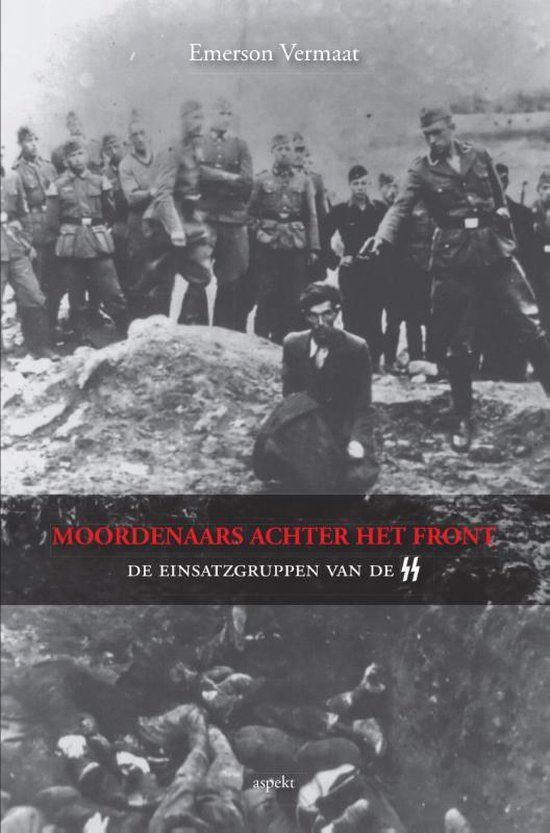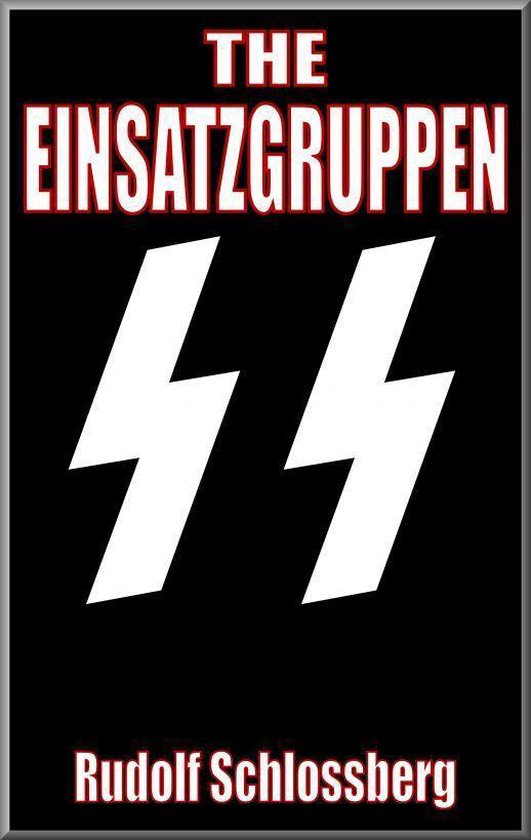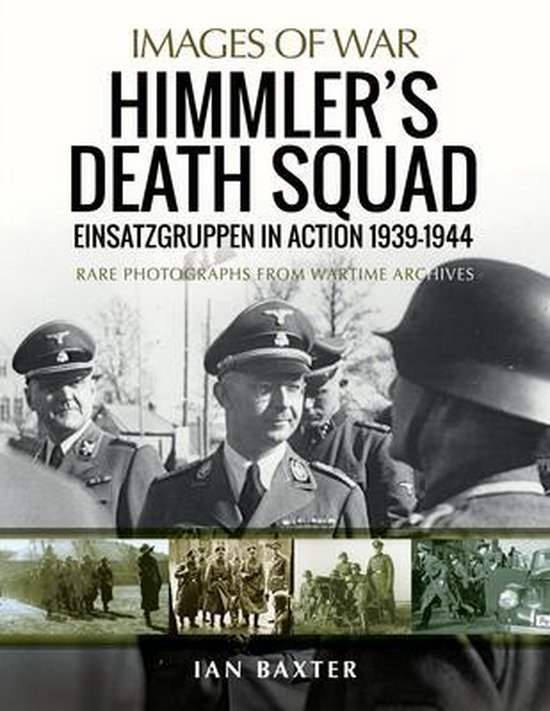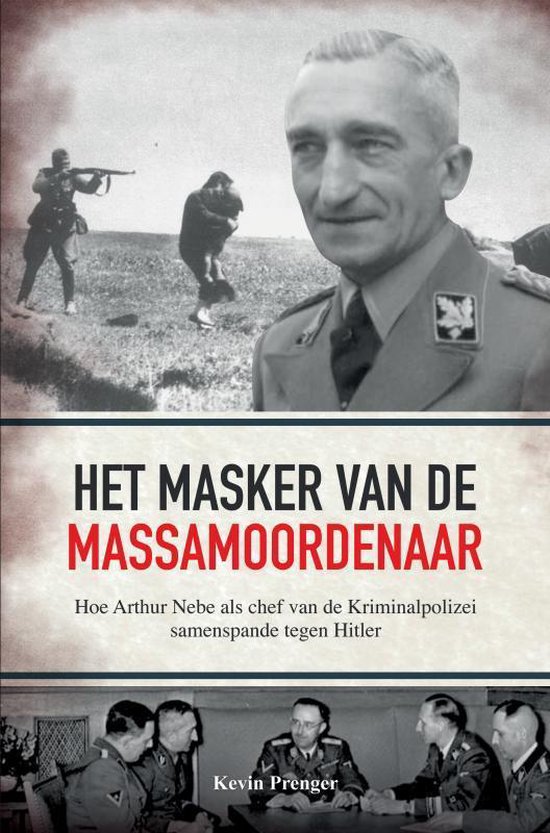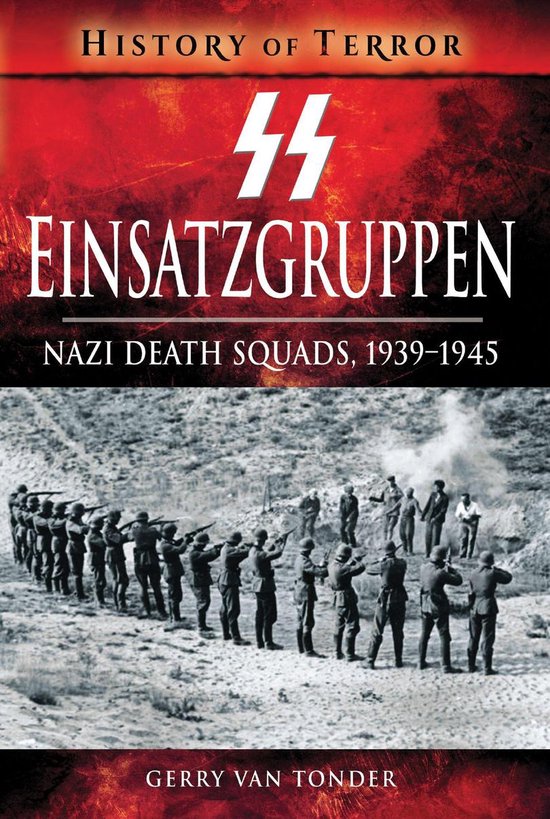
History of Terror - SS Einsatzgruppen
“Provides important details about the Einsatzgruppen’s leadership . . . Numerous photographs illustrate the text. A grim read, but a necessary one.” —The Washington Times
In June 1941, Adolf Hitler, whose loathing of Slavs and Jewish Bolsheviks knew no bounds, launched Operation Barbarossa, throwing four million troops, supported by tanks, artillery and aircraft into the Soviet Union. Operational groups of the German Security Service, SD, followed into the Baltic and the Black Sea areas. Their orders: neutralize elements hostile to Nazi domination. Combined SS and SD headquarters were set throughout Eastern Europe, each with subordinate units of the SD, the Einsatzgruppen, and lower echelons of Einsatzkommandos. Communist and Soviet federal agents were targeted, and from August 1941 to March 1943, 4,000 Soviet and communist agents were arrested and executed. In addition, far greater numbers of partisans and communists were shot to ensure political and ethnic purity in the occupied territories.
In the early stages of the operation, Einsatzgruppe A, under Adolf Eichmann, executed 29,000 people listed as Jews or mostly Jews in Latvia and Lithuania. In the Einsatzgruppe C report for September 1941, 50,000 executions are foreseen in Kiev. In five months in 1941, Einsatzkommando III commander, Karl Jger, reported killing 138,272, 34,464 of them were children.
The Einsatzgruppen were death squads, their tools the rifle, the pistol and the machine gun. It is estimated that the Einsatzgruppen executed more than 2 million people between 1941 and 1945, including 1.3 million Jews.
Drawing on translated memos, operational reports from the field as well as other primary and secondary sources, historian Gerry van Tonder provides a comprehensive look at one of the darkest periods of human history.
| Auteur | | Gerry Van Tonder |
| Taal | | Engels |
| Type | | E-book |
| Categorie | | Geschiedenis |
